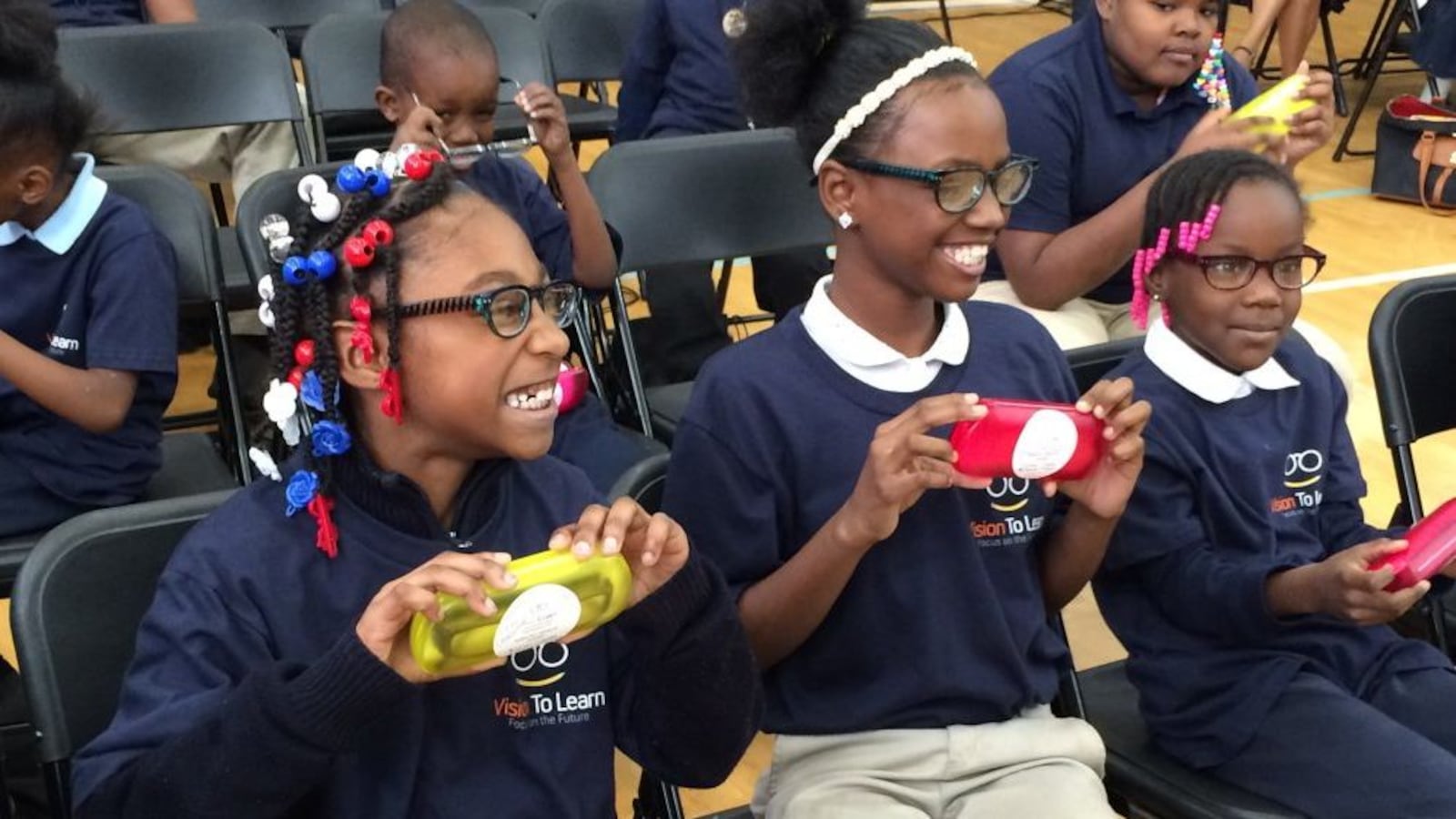The fate of the Children’s Health Insurance Program is in Congress’s hands — and children’s education, not just their health, may be at stake.
Congress passed a temporary extension of funding for of CHIP in December, through some states will run out of money shortly. The end of the program would come with obvious potential consequences, as CHIP, which covers approximately 9 million children, gives participants more access to health and dental care.
There may also be a less obvious result: Research has found that access to health insurance helps kids perform better on tests and stay in school longer.
A 2016 study, published in the peer-reviewed Journal of Human Resources, found that expanding Medicaid in the 1980s and 1990s increased students’ likelihood of completing high school and college.
“Our results indicate that the long-run benefits of public health insurance are substantial,” the researchers wrote.
Similarly, an earlier paper shows that broadening access to Medicaid or CHIP led to increases in student achievement.
“We find evidence that test scores in reading, but not math, increased for those children affected at birth by the increase in health insurance eligibility,” researchers Phillip Levine and Diane Whitmore Schanzenbach wrote.
In short, research suggests that when kids are healthier, they do better in school. That’s in line with common sense, as well as studies showing that children benefit academically when their families have access to direct anti-poverty programs like the earned income tax credit or cash benefits.
(Even if CHIP ends, affected children might still have access to subsidized insurance through the Affordable Care Act or other means. The Congressional Budget Office estimates that will be more costly in the long run.)
Congress appears likely to vote on a bill this week that includes a six-year CHIP extension, as as well as a temporary spending measure to avoid a federal government shutdown.


